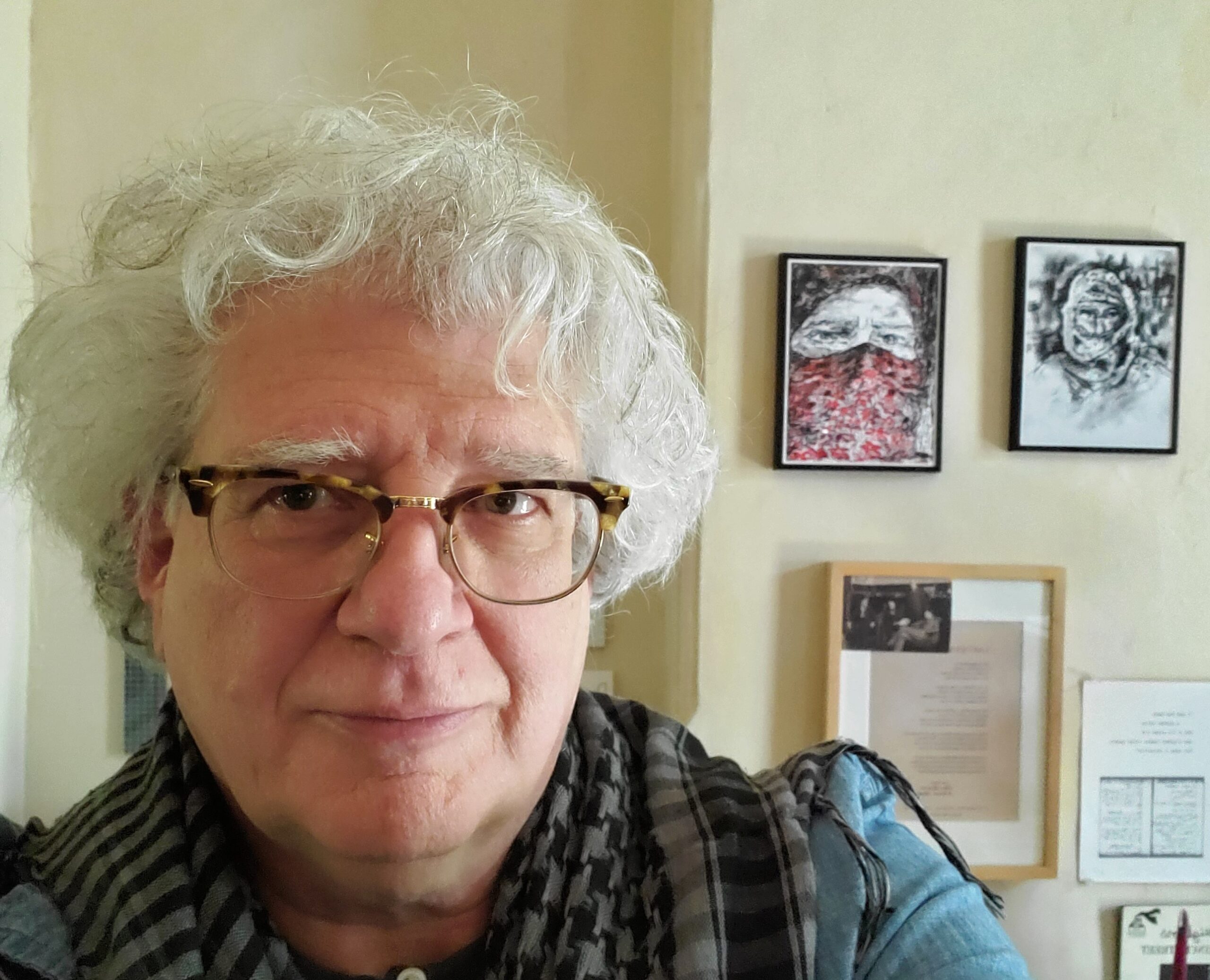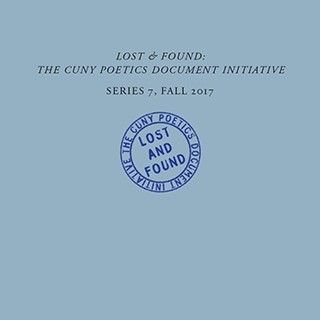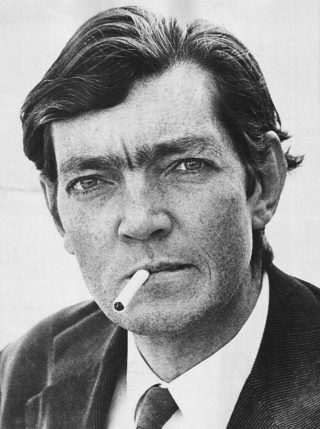Paul Blackburn & Julio Cortázar: “Querido Pablito”/”Julissimo Querido,” Selected Correspondence, 1958-1971 (Parts I & II)
Paul Blackburn & Julio Cortázar: “Querido Pablito”/”Julissimo Querido,” Selected Correspondence, 1958-1971 (Parts I & II)
$15.00
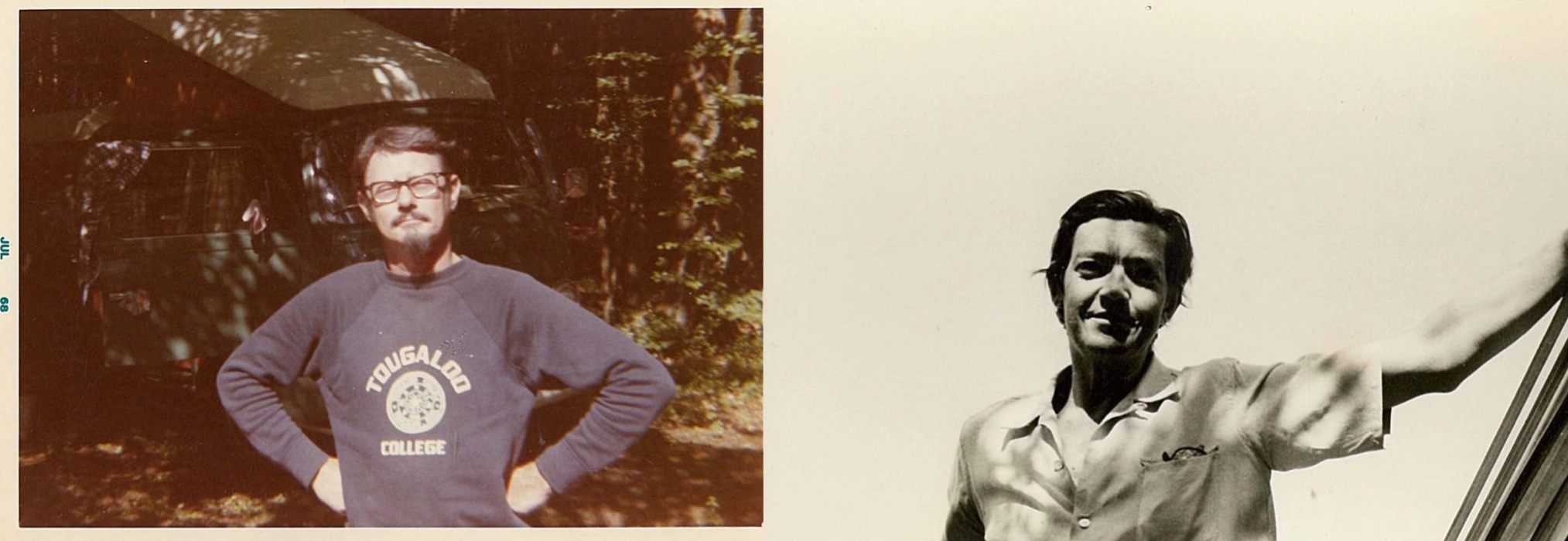
Editors: Ammiel Alcalay, Jacqui Cornetta, Alison Macomber, and Alexander Soria
Part I: 66 pp, soft-bound, saddle-stitched
Part II: 38 pp, soft-bound, saddle-stitched
The transatlantic friendship of New York based poet and translator Paul Blackburn and Paris based novelist, translator, and Argentinian exile Julio Cortázar explores a crucial chapter in the exchange of literary and political culture. While mainly pre-occupied with more mundane and technical matters—about publication, translation, contractual agreements, and the transfer of money—these letters are set against the background of the assassination of JFK, Cortázar’s deep involvement with Cuba, and the evolving US war in Vietnam. Dedicated to the late Gregory Rabassa (1922-2016), translator extraordinaire and Distinguished Professor Emeritus at the time of his retirement from Queens College, “Querido Pablito” / “Julissimo querido,” pays homage to a deep friendship whose influence can still be felt today.
Author Biographies:
Paul Blackburn (1926 – 1971) was born in Vermont and moved to Greenwich Village at the age of 14 with his mother, poet Frances Frost. After getting out of the Army, Blackburn corresponded with Ezra Pound and hitchhiked from the University of Wisconsin to visit him in Washington, D.C. at St. Elizabeths Hospital. Called the pre-spirit of The Poetry Project at St. Mark’s Church, Blackburn gave the first reading there in 1966, and both his work and recordings of early downtown readings had widespread influence across a range of poetic practices. Poet-in-Residence at City College, CUNY, from 1966-67, he published thirteen books of poetry and five major translations in his lifetime, including the medieval epic Poem of the Cid, and work by Julio Cortázar that served as one of the opening salvos of the Latin American boom. Twelve other books came out posthumously, including a reprint of Proensa: An Anthology of Troubadour Poetry in 2016. British scholar Simon Smith is working on a collected poems and a new edition of The Journals.
Julio Cortázar (1914 – 1984) was born in Brussels where his father was in the Argentine diplomatic service. After living in both Zurich and Barcelona, the family moved back to Argentina in 1919. Cortázar’s mother—an early supporter of his literary bent—introduced him to Jules Verne as a teenager. He taught in several high schools before completing studies to become a professor of French literature. After resigning due to political pressure, he began work as a translator, a vocation that, along with his writing, supported him for the rest of his life. Cortázar moved to France in 1951 and began working for UNESCO in 1952, a position he would keep for many years. He also translated literature from several languages into Spanish, including his masterful rendition of Edgar Allan Poe’s works. An early supporter of the Cuban revolution, the Sandinistas in Nicaragua, and the socialist government of Allende in Chile, Cortázar’s literary works continue to have enormous worldwide influence.
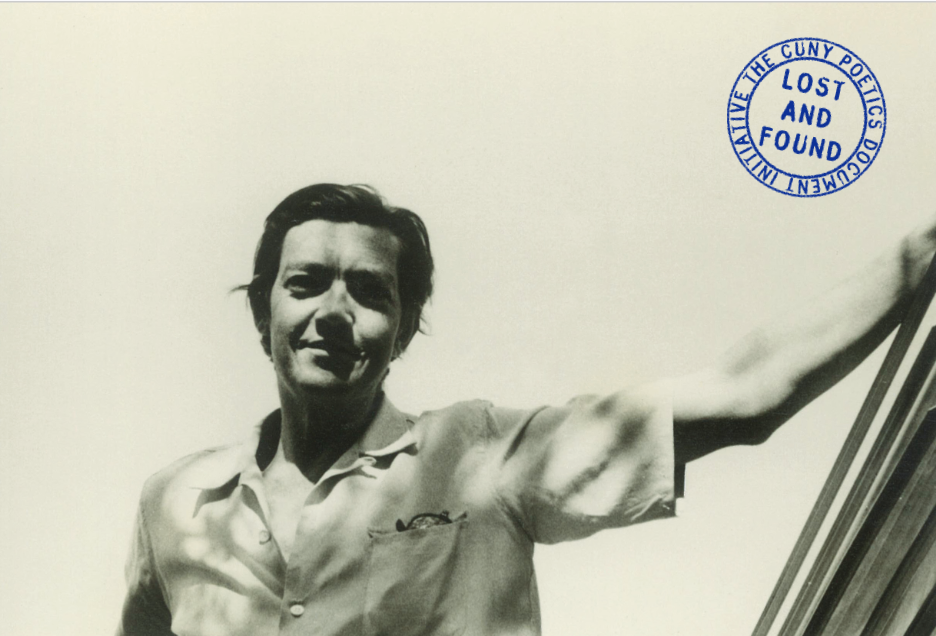
Editors
Selected Archives:
- Special Collections and Archives, University of California San Diego, Archive for New Poetry
Editors:
Ammiel Alcalay is a poet, translator, critic, and scholar, whose recent books include a little history and the second edition of from the warring factions. Initiator and General Editor of Lost & Found, he teaches in various fields at Queens College and the Graduate Center, CUNY. He is the recipient of a 2017 Before Columbus Foundation American Book Award for his work on Lost & Found.
Jacqueline Cornetta is a translator, writer, and musician, whose current projects include a translated collection of short fiction by Mexican women and a book of poetry. She is pursuing an MFA in Literary Translation and Creative Writing at Queens College.
Alison Macomber is a student of the MFA Creative Writing and Literary Translation program at Queens College, with a concentration on translation and poetry. She has published translations in Cuban Newrrative: e-Merging Literature from Generation Zero for Sampsonia Way Magazine of City of Asylum/Pittsburgh and is now translating The Abduction of Luis Guzmán by Pablo Remón.
A graduate of Queens College, Alexander Soria is a student in the MALS Program at the Graduate Center, CUNY. He is a photographer, poet, and translator from and into several languages.
